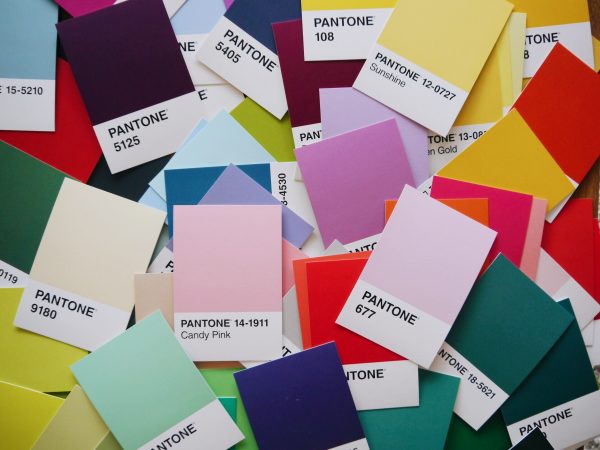On February 22, 2016, the Canadian Association of Research Libraries (CARL) released a white paper on the future of publishing in Canada. The report, titled “Canadian Universities and Sustainable Publishing,” looks at the developments that have been made in scholarly communication in Canada, significant issues within the field, and suggests potential actions to solve those issues.
In their report, CARL addresses concerns over journal subscription costs and other collection costs incurred by institutions, including the following:
- Subscription journal model and costs
- Alternative journal models (open access platforms)
- Article processing charges
- Sustainable “long-form” publishing
To resolve these issues, CARL recommends collaboration between universities to support journal subscription costs and the development of publishing venues jointly sponsored by universities and funding agencies. However, the report does not include the perspectives of university presses or publishers of journals.
The Canadian Association of Learned Journals (CALJ) has posted a response to the report. In a media release dated March 7, 2016, CALJ president, Michel Duquet, and executive director, Ken Clavette, shared some concerns about CARL’s assessment of scholarly publishing and their recommendations. Duquet stated that “CALJ understands the dilemma that Canadian university libraries currently face but feels that reducing costs for Canadian-produced content duplicates what has already been accomplished and does not solve the real problem: overpriced bundles of journal titles being produced by foreign publishers.”
The Association of Canadian University Presses (ACUP) will also be preparing a response to the report. AU Press welcomes the report from CARL as a place to begin a conversation about the obstacles faced by publishers and users of Canadian scholarship however we believe that it is imperative that all members of the scholarly communications community (authors, editors, publishers, vendors, libraries, and readers) be included as equal and vital partners in finding a solution.


